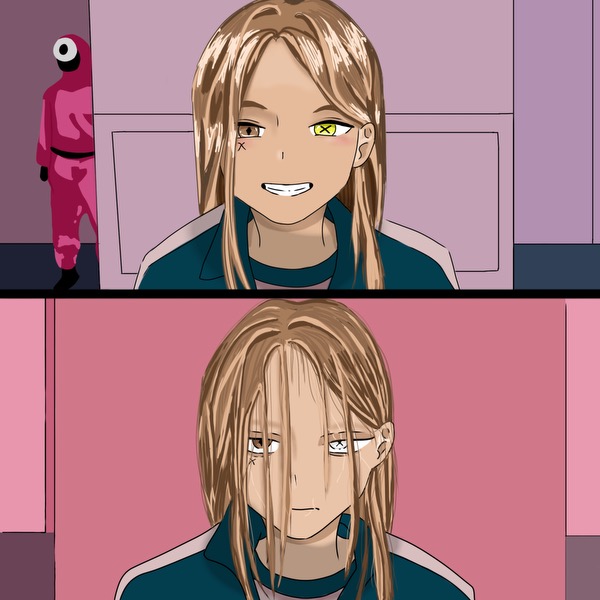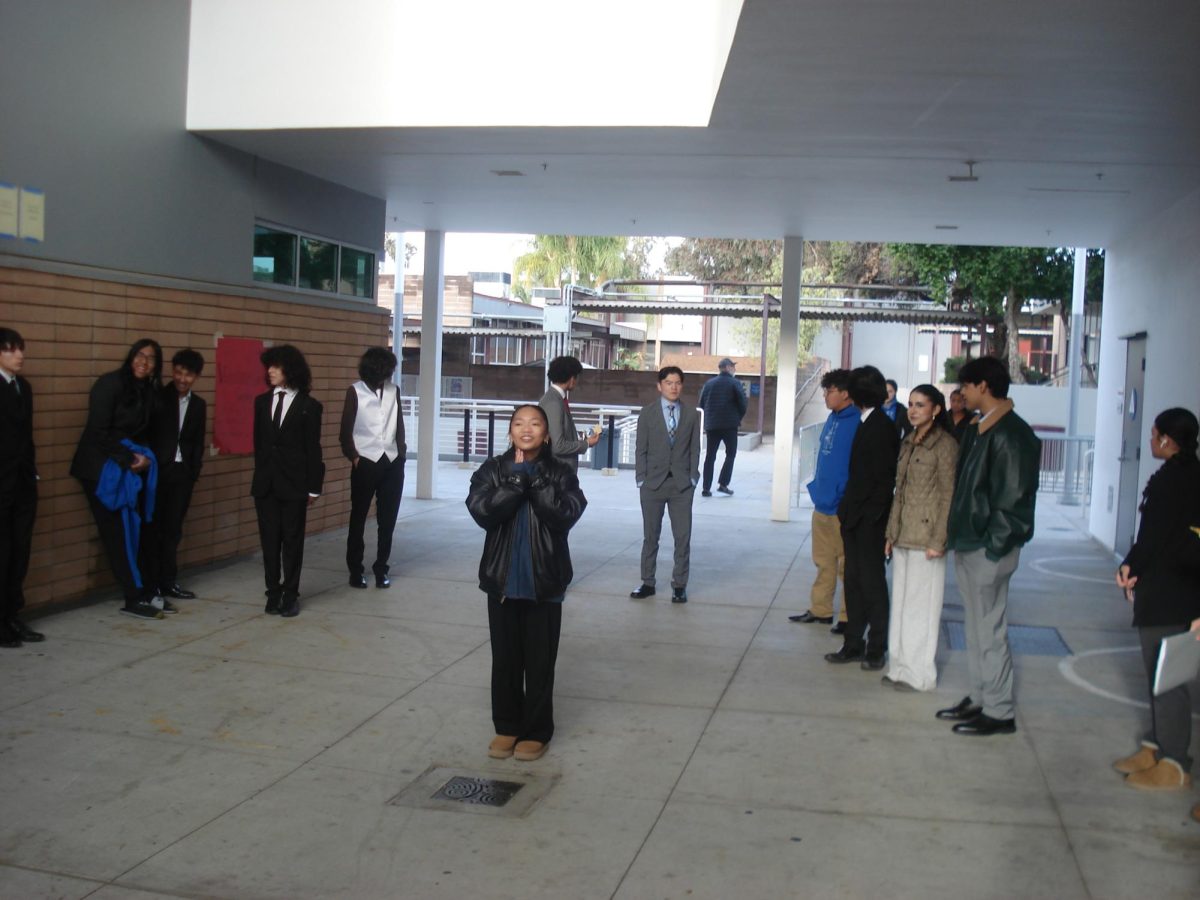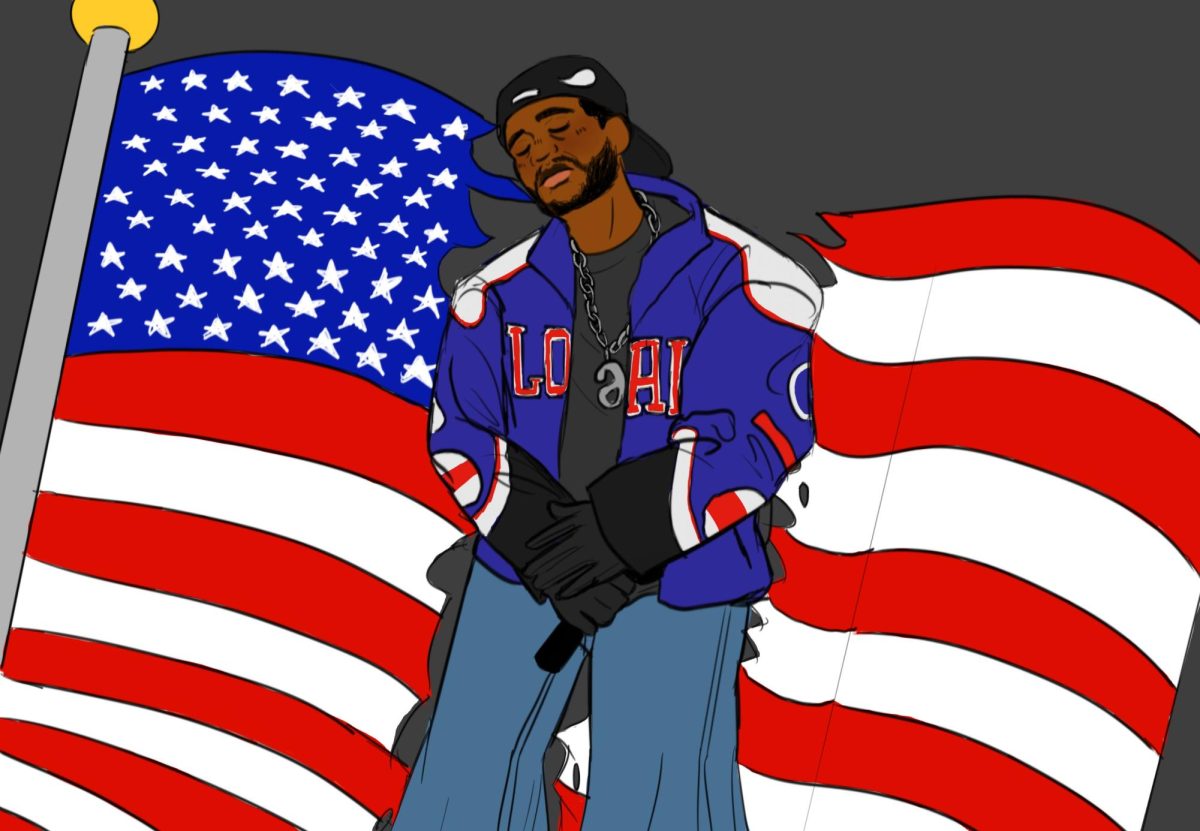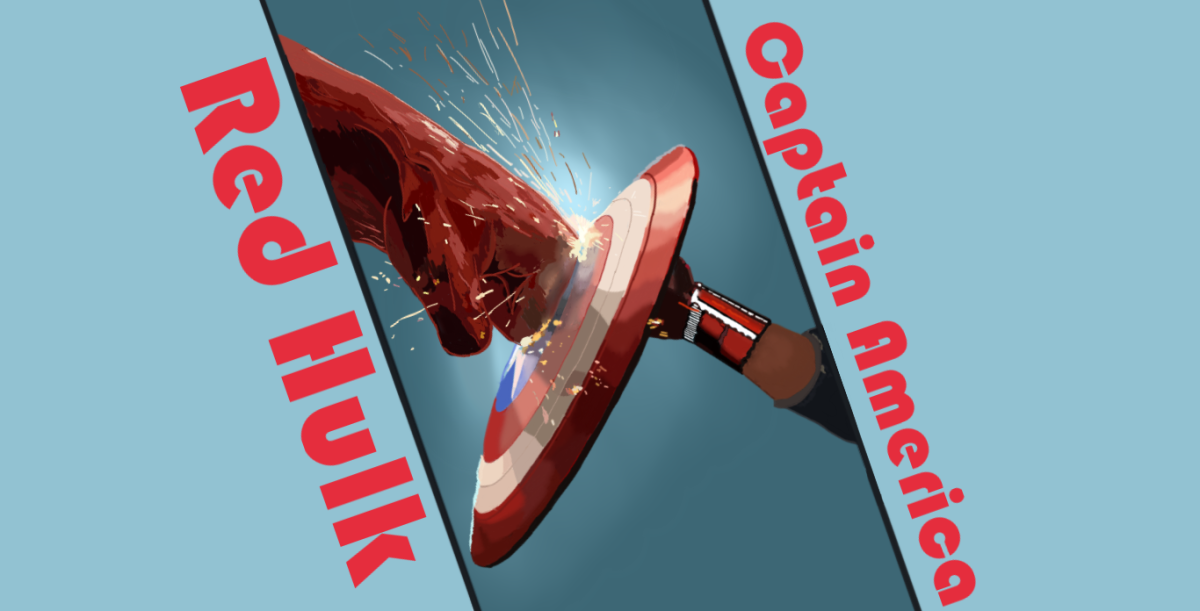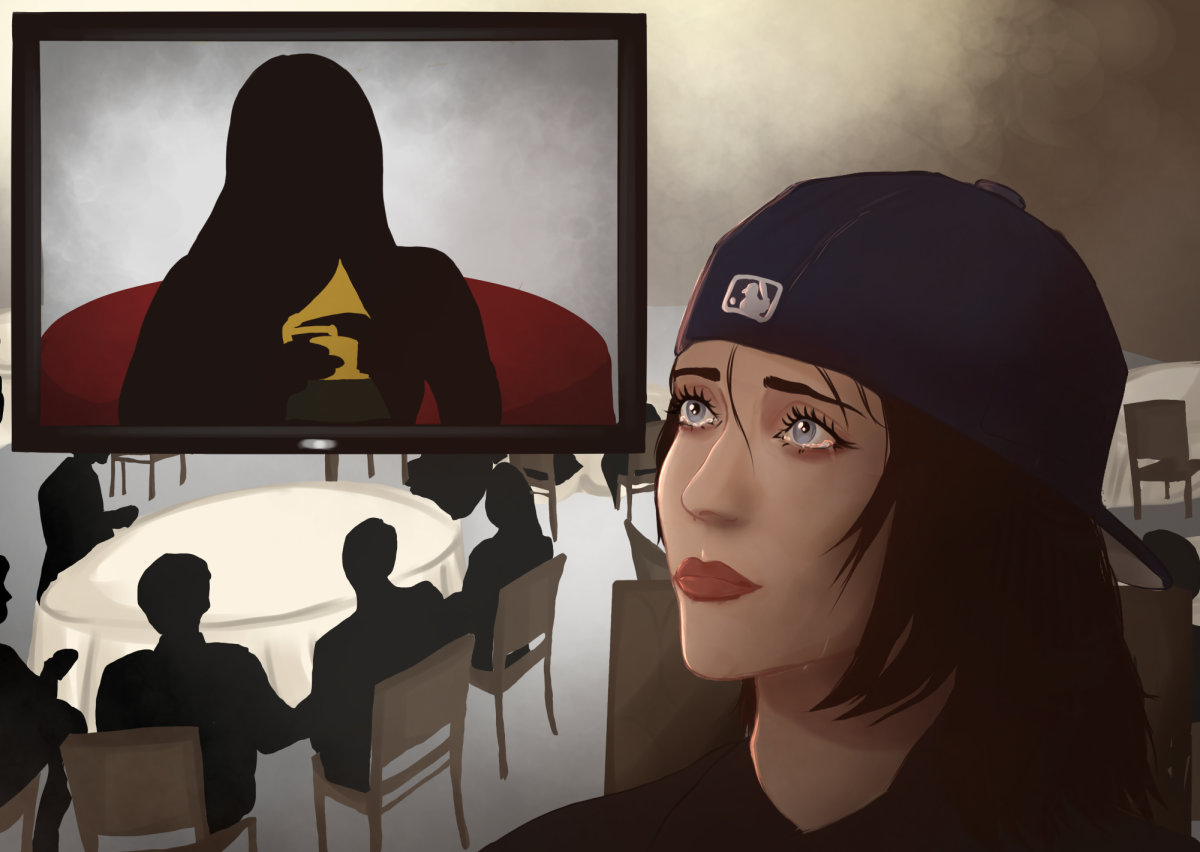On Dec. 26, 2024, a second season to the Netflix original Squid Game was released, capturing the attention of millions of viewers. The first season took the audience through a series of Korean elementary styled games, each disqualification resulting in death. Friends turned on one another with nearly all meeting their own demise. The incredible story telling made the heartbreak feel much more real–with each death more tragic than the last.
The second season continues following the protagonist, Seong Gi-hun, the winner of the previous round of games. The first episode immediately draws viewers back into the story by reminding them of Gi-hun’s backstory. The episode begins with Gi-hun walking through the airport, about to take off on a flight to America to be with his daughter. However, Gi-hun turns around when he receives a phone call from the Front Man, the person running the games. From then on Gi-hun is set on one goal: to put an end to the games. The first episode of the second season sets the rest of the show up perfectly- building anticipation and continuing the story in a dramatic way.
Gi-hun begins his quest, searching for his original ticket into the games: a man who offered to play a game with him for money on a subway. With his earnings of 45.6 billion won earned in his first round of games, he hired staff upon staff to search every subway in Seoul. This episode sets up the rest of the second season perfectly, building up anticipation for Gi-hun to begin interacting with the games again.
While the story is continued beautifully, with the audience getting to see more and more recognizable characters (such as Hwang Jun-ho,) it does lack the engagement the first season possessed. Every moment before Gi-hun finds the games again begins to get duller and duller as the season progresses, with the end result seemingly never coming.
After two hours of buildup, Gi-hun has reentered the games with an entirely new set of players. The third episode, in which the new players participate in their third game, brings back the audience engagement. New characters are introduced, each having their own distinct personalities and allowing for new attachments between cast and viewer.
Although the first game repeats a challenge from season one, the rest introduce brand-new concepts. As each character gets more screen time they each start to become obnoxious in their own ways. Very notably Thanos, whose attempt at being much more “gangster” than he actually was, sparked second-hand embarrassment. With his extreme popularity it would have made much more sense to have him be the “leader” of a larger group. Instead, he mainly stuck with one friend throughout the season, despite the large number of people jumping at the thought of a photo with him at the beginning of the season.
Thanos was likely not given a large group because he was meant to be disliked by the audience, as his morals directly oppose Gi-hun’s. While Thanos could have easily been part of a group that is entirely against the protagonist, it may have made it less realistic for Gi-hun to come out on top in the end.
One of the most controversial characters (likely due to the mystery surrounding him) has been Kang Dae-ho, an “ex-marine” who develops a father-son relationship (as the son) with Park Jung-bae. They develop this relationship from their shared experience in the marines- however Dae-Ho’s past with the marines is extremely questionable. In the last episode he ends up turning away from a fight due to the firearms, seemingly upset from the gunshots. While an immediate assumption could be that it is related to a trauma disorder, he did have past interactions with Jung-bae in which they referenced the marines and he had no such reaction.
Another large part of Dae-ho’s controversy was whether or not he had any true purpose in the show- the real answer being that he did not, though he was entertaining. He had nearly no notable relationships with any of the characters aside from Jung-bae and did not do anything to change the plot up until the very last episode. While he did serve a purpose towards the end, the plot could have still continued with any other character filling his role in the last episode.
On the other side of things, Jung-bae, the second part of the marine duo, did serve a larger purpose as he was introduced much earlier in season one as Gi-hun’s best friend. Despite the great reuse of a character, his role as a father figure in the second season was definitely disappointing. Since he was previously shown to exhibit risky behaviors such as gambling with Gi-hun on horse races, him suddenly being revealed to be an ex-marine and taking on a mentor role seems out of character. Gi-hun seemed to be on the less emotionally intelligent side, as well as having a decent obsession with gambling and games. Coming back as someone who was in more support of the games but stayed with Gi-hun due to loyalty, could have made the plot more interesting while making better use of the character.
While there are complaints about several of the characters, one was made great use of: Hwang In-ho, or better known as the Front Man. In the first season a person working for the games participated, which repeated with In-ho. However, in this season the audience is aware that In-ho participates in running the games, as opposed to the first season where they were not made aware until post-games.
In-ho becomes increasingly entertaining throughout the entirety of the second season. As the season progresses, In-ho begins to push back against Gi-hun, saying things to keep Gi-hun on his toes. Towards the end of the season (but before Gi-hun retaliates against the games) In-ho starts to become more encapsulated in his character- celebrating more each time they survive.
The season ends with Gi-hun attempting to put an end to the games- assembling a group of players to use firearms against the guards. The last episode is ultimately left on a cliffhanger, with the audience unaware of the outcome of Gi-hun’s master plan. While cliffhangers typically leave viewers wanting more, this simply made it feel unsatisfactory. With several hours of buildup, the constant obnoxious characters and the strange execution of several plot points, a cliffhanger simply left it off on a bad note. While the plot was written magnificently, the level of entertainment crashed between seasons.

